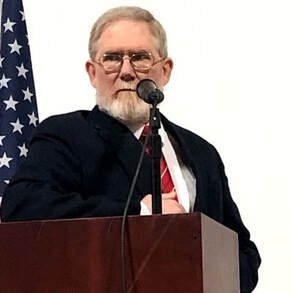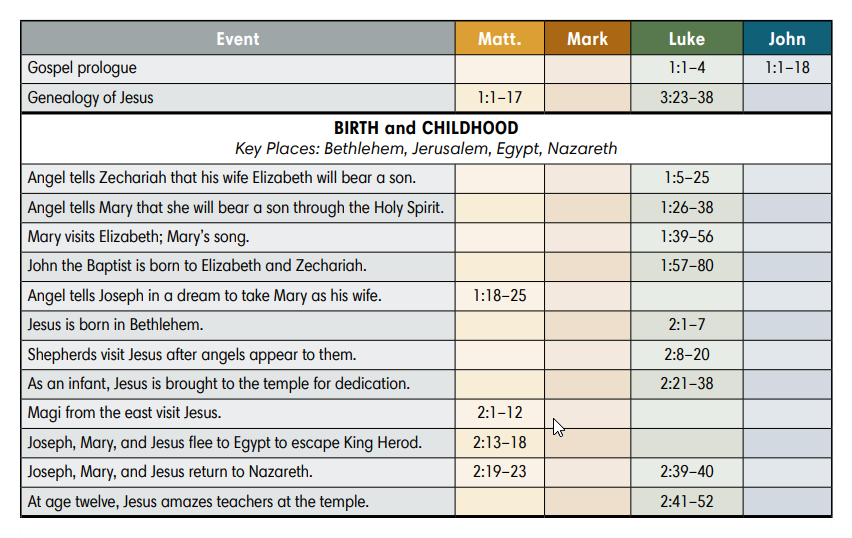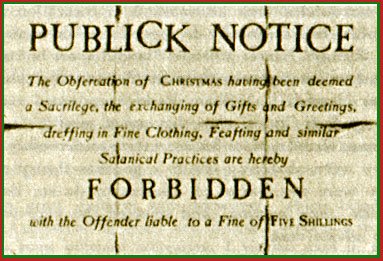Psalm 116:12-17
What shall I render to the Lord for all His benefits to me?
I will lift up the cup of salvation and call on the name of the Lord,
I will pay my vows to the Lord in the presence of all His people.
Precious in the sight of the Lord is the death of His saints.
O Lord, I am your servant; I am your servant, the son of your maidservant.
You have loosed my bonds.
I will offer to You the sacrifice of thanksgiving and call on the name of the Lord.
My Sister Was a Lady.
Joanne, my older sister, was born in 1943, a time when the virtues of being a ‘lady’ were more than just a social expectation—it was a way of life. Joanne embodied these virtues with grace and dignity, qualities that seem to be vanishing in today’s darkened world. Her life is a testament to the timeless values of love, respect, and family.
Psalm 116:15 states, “Precious in the sight of the Lord is the death of His saints.” This biblical verse resonates deeply as I remember Joanne, whose life was a living tribute to Christian values. She approached every aspect of life with a sense of duty and reverence, much like the ‘lady’ she was raised to be. Her legacy of kindness, compassion, and unwavering faith in Jesus Christ is a beacon for those of us who were fortunate enough to know her.
Reflecting on Joanne’s life she was not just a sister, but a mentor, a friend, and a pillar of strength for our family. Her love knew no bounds, and her ability to make everyone feel valued and cherished was unparalleled. Joanne’s life serves as a moving reminder of the lasting impact one can have by adhering to principles that transcend time.
I remember the virtues she exemplified and the love she shared. This tribute is a celebration of a life well-lived, a life that continues to inspire us to uphold the values that Joanne so effortlessly embodied.
Her Virtues of Grace and Poise
Grace and poise have long been heralded as symbols of a true lady. These qualities are not merely superficial traits; they reflect an inner strength, dignity, and composure that transcend external appearances. My older sister Joanne was a living testament to these enduring virtues, embodying them in every aspect of her life.
Joanne’s demeanor was a blend of gentleness and strength. Her interactions with others were always marked by a sincere warmth and kindness, qualities that drew people to her naturally. Whether she was hosting a family gathering or engaging in a casual conversation, her presence exuded a calm and reassuring grace. A notable example of her poise was during our family’s most challenging times. When other family members passed away, Joanne was the pillar that held us together. Despite her own grief, she managed to comfort and support each one of us, showing remarkable composure and strength.
Her grace was evident in her everyday actions. Joanne had an innate ability to make others feel valued and respected, a trait that is increasingly rare in today’s world. She would often handmake cards and notes of appreciation, a simple yet profound gesture that left a lasting impact on those that received one.
Joanne’s life was a living reflection of Psalm 116, which speaks to dignity and composure. Verses like Psalm 116:7, “Return to your rest, my soul, for the Lord has been good to you,” encapsulate the peace and grace that Joanne carried within her. She lived her life with a calm assurance, deeply rooted in her Christian faith, which provided her with the strength to navigate life’s trials with unwavering poise.
In remembering Joanne, I celebrate not just her life but the legacy of grace and poise she left behind. Her example reminds us of the enduring power of these virtues and their profound impact on those around us.
Her Virtues of Compassion and Kindness
Compassion and kindness are hallmarks of a true lady, virtues that Joanne embodied throughout her life. Joanne’s unwavering commitment to love and kindness left an indelible mark on everyone who knew her. Her life was a testament to the power of compassion, a trait she displayed in her relationships, community involvement, and daily interactions.
Joanne’s acts of kindness were numerous and varied. Whether she was offering a shoulder to cry on, or simply lending an ear, her compassion knew no bounds. Joanne’s ability to connect with others was a true gift, one that reflected her deep-seated belief in the importance of love and kindness.
These virtues are beautifully displayed in Psalm 116, which speaks of God’s compassion and mercy. Verses like “Gracious is the Lord, and righteous; our God is merciful” resonate deeply when reflecting on Joanne’s life. Her actions were a living testament to these biblical principles, embodying the love and mercy that Jesus Christ exemplified.
In remembering Joanne, I honor the legacy she left behind—a legacy of compassion, kindness, and unwavering love. Her life serves as a powerful reminder of the virtues that define what it truly means to be a lady.
Her Virtues of Loyalty and Devotion
Loyalty and devotion stand as cornerstones of a virtuous life, particularly in the context of family and friendships. These qualities are not merely ethical obligations but profound expressions of love and commitment. Joanne epitomized these virtues through her steadfast dedication to her loved ones and the causes she held dear. Her unwavering loyalty was not just a trait but a testament to her character, a legacy that continues to inspire those who knew her.
Joanne’s loyalty to her family was evident in countless ways. Whether it was caring for our aging parents, standing by her children and grandchildren through life’s adversities, her commitment never wavered. She was the rock upon which we all leaned, a source of strength and stability. This level of devotion was not born out of obligation but out of genuine love and care.
Joanne’s virtues are beautifully mirrored in the words of Psalm 116. Verses 5-6, “The Lord is gracious and righteous; our God is full of compassion. The Lord protects the unwary; when I was brought low, He saved me,” emphasize the faithfulness and steadfast love that Joanne embodied. Her life echoed the biblical principles of loyalty and devotion. Through her actions, Joanne taught us that true devotion is not just a duty but an act of love, a legacy that will endure in our hearts forever.
Her Virtues of Modesty and Humility
Modesty and humility are increasingly rare, but my older sister Joanne stood as a timeless example of these qualities. Joanne’s life was a testament to the grace and strength that comes with living modestly and humbly. Her actions and choices reflected an unwavering commitment to these virtues, not out of obligation, but from a deeply rooted belief in their fundamental importance.
Joanne’s humility was evident in her everyday life, from the way she interacted with family and friends to her professional demeanor. She never sought the limelight or accolades but instead focused on the well-being and happiness of those around her. Joanne’s actions spoke louder than any words. She embodied the essence of Psalm 116, which states, “The Lord protects the unwary; when I was brought low, He saved me.” Joanne’s life mirrored this biblical truth, as she consistently put others before herself, trusting in divine providence to guide her path.
Her modesty was also apparent in her lifestyle choices. Joanne lived a life devoid of excess, always opting for simplicity and contentment. Her approach to life was a living scripture, resonating with the teachings of humility found throughout biblical passages. Like Psalm 116, which emphasizes humility before God, Joanne’s life was an ongoing tribute to the virtues of modesty and humility, leaving a lasting legacy of love and integrity for all who knew her.
Her Virtues of Diligence and Perseverance
Joanne epitomized these qualities through her unwavering work ethic and remarkable resilience. Her life was marked by numerous challenges, yet she faced each one with unwavering determination and an unshakeable faith in God’s support.
Joanne’s daily routine was a testament to her diligence. She approached every task with a meticulous attention to detail and an unyielding commitment. She believed that every effort, no matter how small, contributed to the greater good of her family and community. Joanne’s involvement in her church community highlighted her spiritual perseverance. Her faith was a cornerstone, guiding her through life’s trials and tribulations with grace and steadfastness.
Joanne’s legacy is a powerful reminder of the virtues of diligence and perseverance. Her life serves as an enduring tribute to the strength and love that come from an unwavering trust in God. Through her actions, she left an indelible mark on her family and community, embodying the timeless virtues that define a true lady.
Joanne was a true lady in every sense of the word. Her life was a beautiful mosaic of virtues that will forever enrich the lives of those she touched. Joanne’s legacy is a lasting testament to the power of love, faith, and integrity, and she will be deeply missed but never forgotten.
This is a heartfelt tribute to my sister Joanne, a woman who embodied timeless virtues such as grace, compassion, loyalty, modesty, and perseverance. Through personal stories and reflections, we celebrate her life as a true lady, deeply rooted in Christian faith and values. Joanne’s legacy of love, integrity, and unwavering faith continues to inspire and guide those who knew her.
I love you Joanne, I’ll see you later.




















































